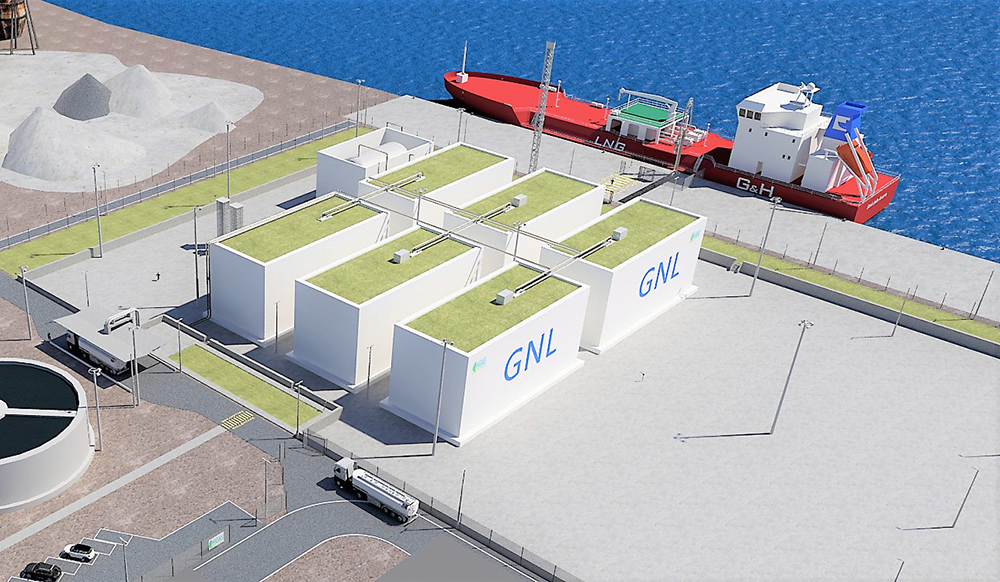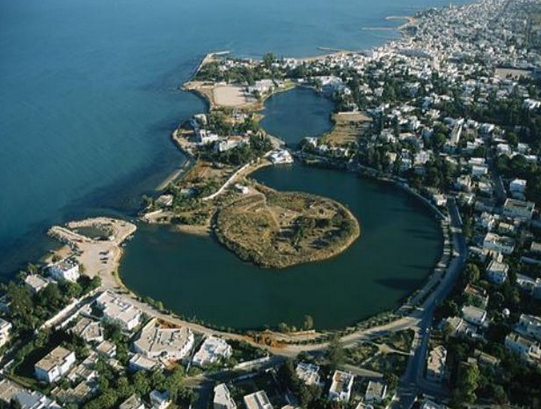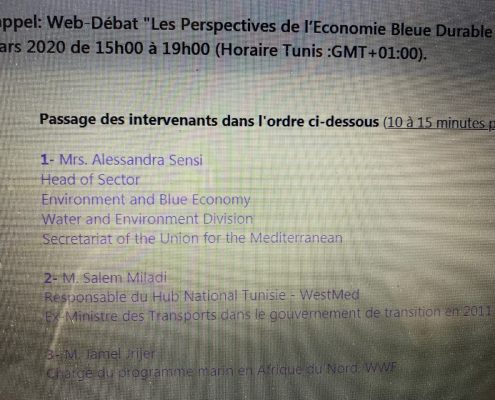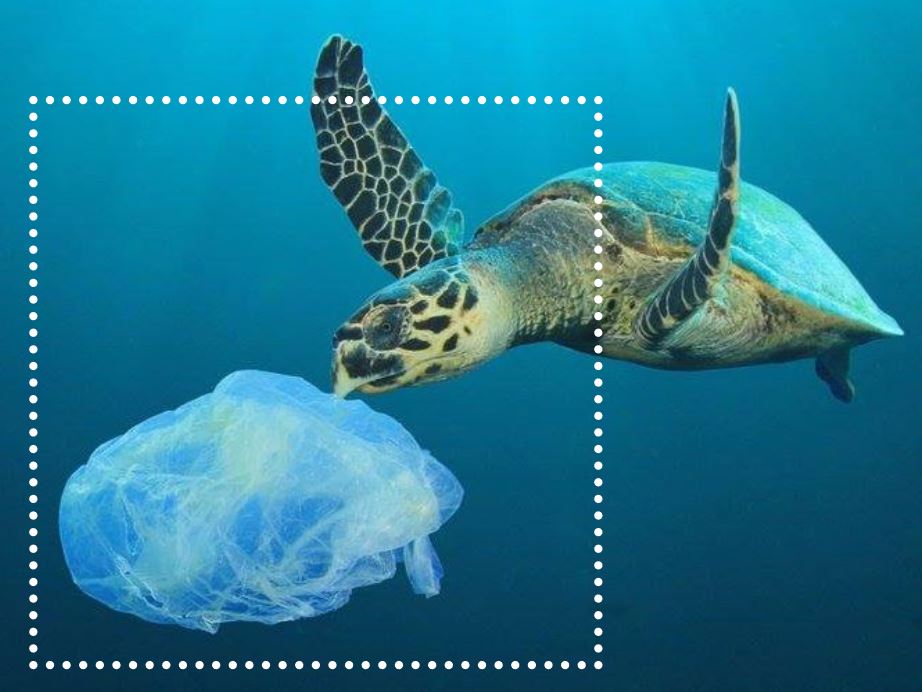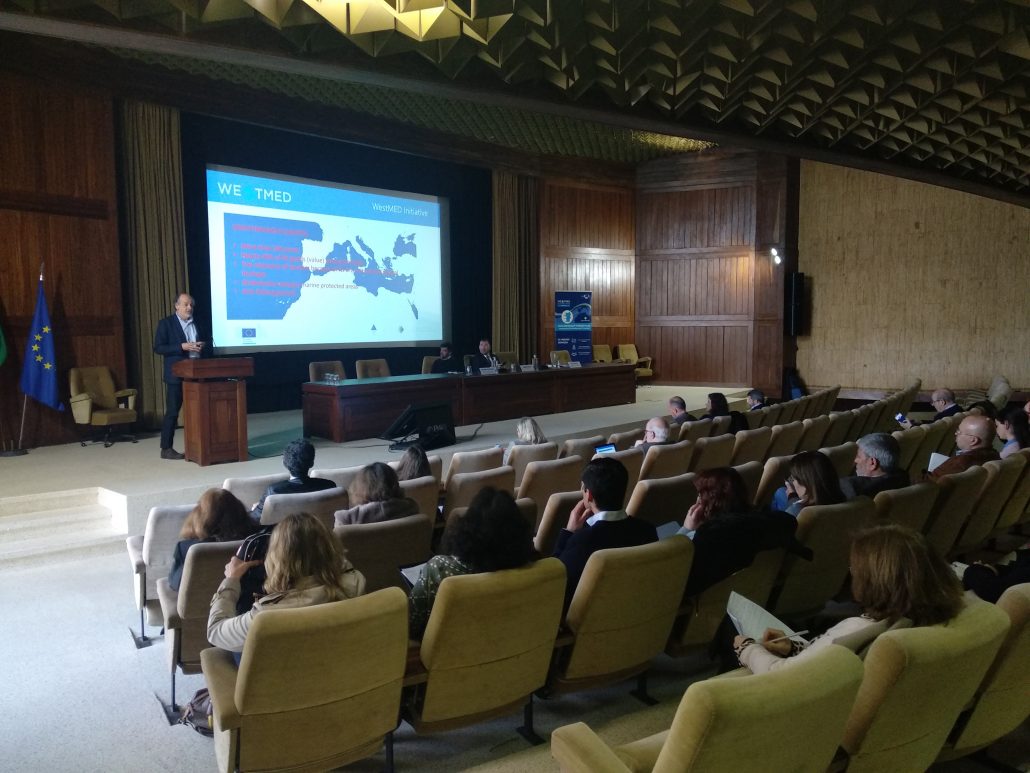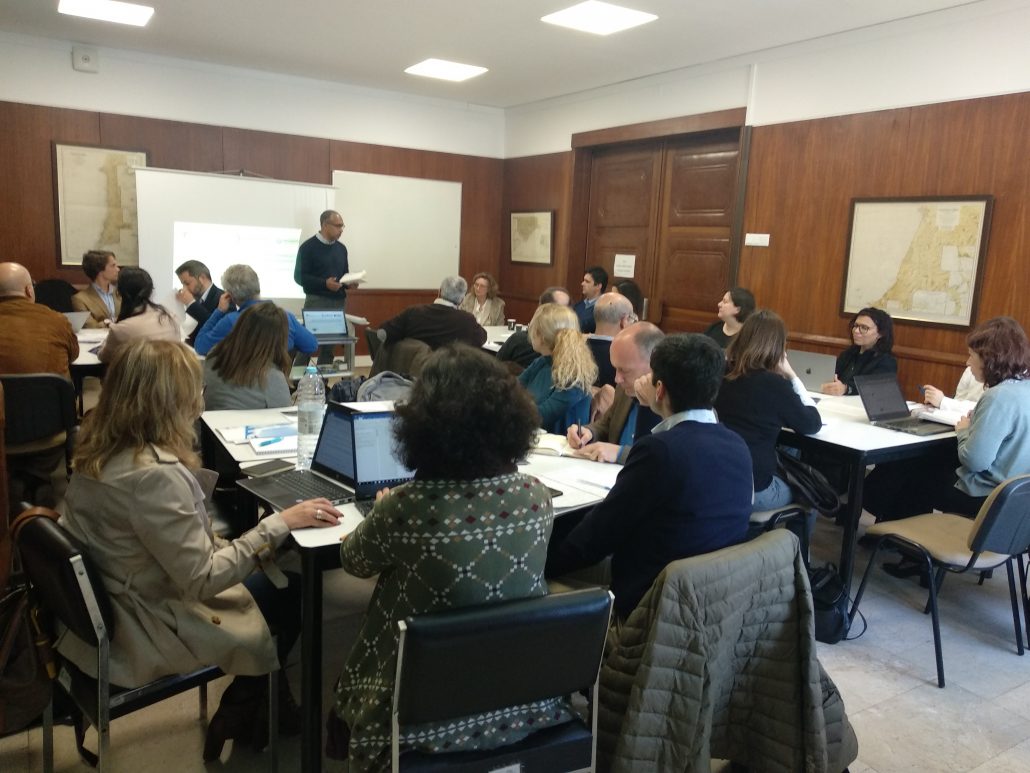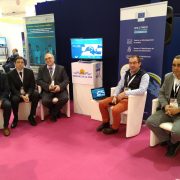The call opened the 14 January 2020 and it is classified as a “ RIA – Research and Innovation Action ” and the scope is to contribute to the development of a goal-based regulatory framework on the use of hydrogen and hydrogen-based alternative fuels for waterborne transport. It will identify and ensure the correct management of risks in all design and operational aspects. It will establish the relevant objectives and the functional requirements for the use of hydrogen, consistent with the provisions of SOLAS chapter II-282 for the fuel system components, installation and energy converters..
In April 2018, the International Maritime Organisation, IMO adopted an initial strategy on reduction of GHG emissions from ships (overall fleet target ≥50% CO2 reduction by 2050 compared to 2008). Alternative fuels and FC technologies can help meet these environmental and climate goals but require short and medium-term measures to become sustainable, viable and safe solutions. H2 and FC technologies are not covered nor supported by existing regulations applicable to the maritime sector, undermining the willingness of actors (in particular ship-builders and owners) to invest and develop solutions based on these technologies.
The scope of the project should therefore include:
- A review of the current regulatory framework, identifying obstacles and barriers, needs, challenges etc.;
- Technical knowledge to support the discussions for the development of a coherent regulatory framework for risk assessment and risk management of gaseous and liquid hydrogen (GH2 and LH2) and hydrogen-based alternative fuels on ships;
- A roadmap to add GH2, LH2 and hydrogen-based alternative fuels to the IGF Code in practical consistent manner e.g. referring to fuels already addressed by the Code.
With reference to the above roadmap, all the following points should be addressed from a regulatory point of view:
- Ship design and arrangements for the use of GH2, LH2 or other H2-based fuels;
- Bunkering procedures and logistic interface at port;
- Fuel storage and distribution to systems on-board;
- Materials, components and general piping design for H2 containment and handling;
- H2 power generation and management systems;
- Active and passive safety systems for fire and explosion prevention, including ventilation and exhaust systems, integrated automation, safety monitoring and control systems;
- Operational best practices, condition-based monitoring and maintenance.
As regards the technical knowledge the project should also:
- Define and validate the most appropriate science-based safety engineering and Computer Fluid Dynamics (CFD) models to support designers in minimising risk in early design stage;
- Draft guidelines for the integration of fuel cell power generation systems in the ship network;
- Define requirements for the ship interactions at port (bunkering, refilling etc.)
To carry out these R&D activities, a strong partnership with all stakeholders is recommended: shipbuilders, ship designers, technology providers, research centres, ship operators, classification societies, experts in the production/handling /transport/bunkering of hydrogen, local authorities.
Such teamwork among all stakeholders is necessary to pave the way for a seamless cooperation at IMO level. To finalize the provisions of a dedicated chapter of the IGF Code dedicated to hydrogen, the proposal should:
- Establish a cooperation with IMO and other relevant organizations (ISO-TC197 [83], IEC TC 105 [84]) to facilitate the discussion and the uptake of the necessary provisions;
- Seek feedback from existing applications, best practices, reference from other industrial sectors, available technologies, safety procedures in design and operation, human element aspects etc.
It is expected that the project will setup an international advisory board to support the R&D activities and the continuation of the activities afterwards, interacting with the IMO throughout the process.
The project should contribute towards the activities of Mission Innovation – Hydrogen Innovation Challenge. Cooperation with entities from Hydrogen Innovation Challenge member countries, which are neither EU Member States nor Horizon 2020 Associated countries, is encouraged (see chapter 3.3 for the list of countries eligible for funding, and point G. International Cooperation).
More information here.
Deadline
21/04/2020
Financial allocation
The FCH 2 JU considers that the proposals requesting a contribution of EUR 2.5 million, including the analysis and testing of the materials, would allow the specific challenges to be addressed appropriately. Nonetheless, this does not preclude submission and selection of supplementing proposals, requesting other amounts.
Partnership
Algeria, Mauritania, Morocco, EU Member States (from WestMed countries)
Further info
The project is expected to deliver:
- Unique experimental data concerning the interaction of hydrogen with maritime infrastructure (materials, ships, bunkering installations and harbours) to support further development and validation of relevant physics models, simulation and risk assessment tools;
- Review of existing standards against new and missing knowledge to suggest the implementation and modification of international standards;
- Guidelines for safe design for the new IGF chapter on hydrogen based on the experimental results and simulations, implementation and operations of H2-fueled ships which would support the authorization process of National Administrations;
- Commonly agreed, scientifically based recommendations for the update of relevant RCS will lead to a more harmonised normative landscape and level up the safety culture in general;
- A boost in the entry into the market of commercial passenger ships based on hydrogen and fuel cells, and in the scaling-up of hydrogen technologies.
Eligibility
For some actions, an additional eligibility criterion has been introduced to limit the FCH 2 JU requested contribution mostly for actions performed at high TRL level, including demonstration in real operation environment and with important involvement from industrial stakeholders and/or end-users such as public authorities. Such actions are expected to leverage co-funding as commitment from stakeholders:
- FCH-01-4-2020: Standard Sized FC module for Heavy Duty applications
The maximum FCH 2 JU contribution that may be requested is EUR 7.5 million. This is an eligibility criterion – proposals requesting FCH 2 JU contributions above this amount will not be evaluated.
- FCH-01-5-2020: Demonstration of FC Coaches for regional passenger transport
The maximum FCH 2 JU contribution that may be requested is EUR 5 million. This is an eligibility criterion – proposals requesting FCH 2 JU contributions above this amount will not be evaluated.
- FCH-01-6-2020: Demonstration of liquid hydrogen as a fuel for segments of the waterborne sector
The maximum FCH 2 JU contribution that may be requested is EUR 8 million. This is an eligibility criterion – proposals requesting FCH 2 JU contributions above this amount will not be evaluated.
- FCH-01-7-2020: Extending the use cases for FC trains through innovative designs and streamlined administrative framework
The maximum FCH 2 JU contribution that may be requested is EUR 10 million. This is an eligibility criterion – proposals requesting FCH 2 JU contributions above this amount will not be evaluated.
- FCH-01-8-2020: Scale-up and demonstration of innovative hydrogen compressor technology for full-scale hydrogen refuelling station
The maximum FCH 2 JU contribution that may be requested is EUR 3 million. This is an eligibility criterion – proposals requesting FCH 2 JU contributions above this amount will not be evaluated.
- FCH-02-5-2020: Underground storage of renewable hydrogen in depleted gas fields and other geological stores
The maximum FCH 2 JU contribution that may be requested is EUR 2.5 million. This is an eligibility criterion – proposals requesting FCH 2 JU contributions above this amount will not be evaluated.
- FCH-02-6-2020: Electrolyser module for offshore production of renewable hydrogen
The maximum FCH 2 JU contribution that may be requested is EUR 5 million. This is an eligibility criterion – proposals requesting FCH 2 JU contributions above this amount will not be evaluated.
- FCH-02-7-2020: Cyclic testing of renewable hydrogen storage in a small salt cavern
The maximum FCH 2 JU contribution that may be requested is EUR 5 million. This is an eligibility criterion – proposals requesting FCH 2 JU contributions above this amount will not be evaluated.
- FCH-02-8-2020: Demonstration of large-scale co-electrolysis for the Industrial Power-to-X market
The maximum FCH 2 JU contribution that may be requested is EUR 5 million. This is an eligibility criterion – proposals requesting FCH 2 JU contributions above this amount will not be evaluated.
- FCH-02-9-2020: Fuel cell for prime power in data-centres
The maximum FCH 2 JU contribution that may be requested is EUR 2.5 million. This is an eligibility criterion – proposals requesting FCH 2 JU contributions above this amount will not be evaluated.
- FCH-03-2-2020: Decarbonising islands using renewable energies and hydrogen – H2 Islands
The maximum FCH 2 JU contribution that may be requested is EUR 10 million. This is an eligibility criterion – proposals requesting FCH 2 JU contributions above this amount will not be evaluated.

